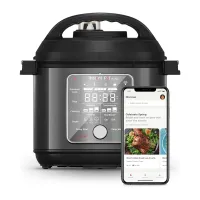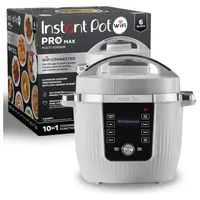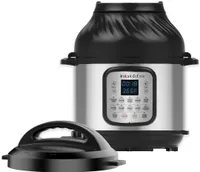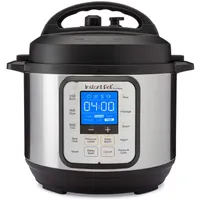These are the 3 best Instant Pots you can buy right now
An option for every home and budget
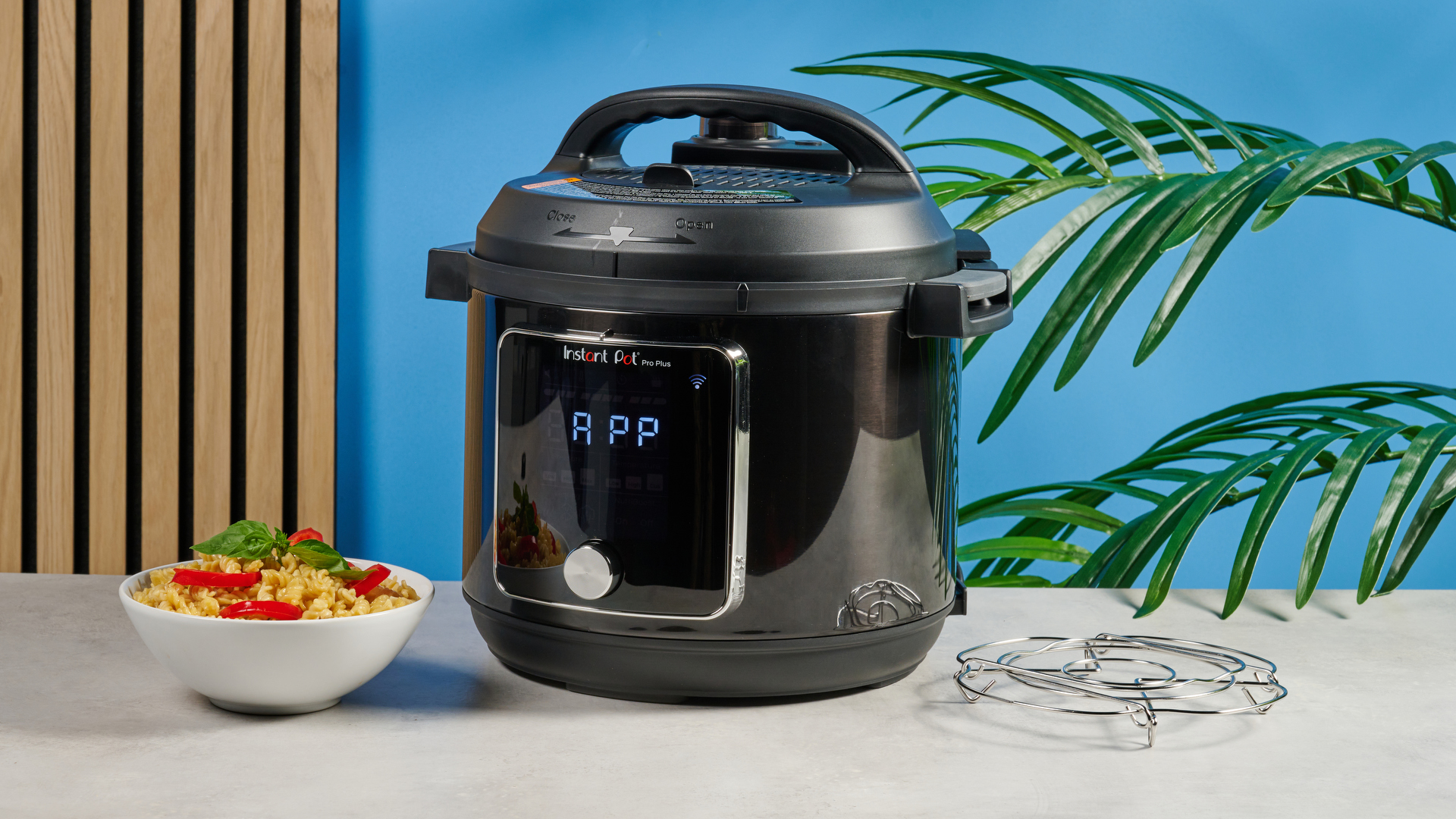
Finding the best Instant Pot can be a bit confusing at the best of times. They all look super similar, their names are virtually indistinguishable, and yet they vary in price hugely.
Well, we tested a handful of Instant Pot's multi-cookers in our own testing lab to see if you really get more for your money when buying an Instant Pot. What did we find? There's a learning curve with every model, but once you're past it, these machines are total game-changers, and you don't need to spend a fortune to get a good one.
Our top pick is from one of the brand's more recent lines: the Instant Pot Rio. It's affordable, attractive and easy to use. If you're looking for something with added smart features, the Instant Pot Pro Plus Smart does offer app compatibility, and we really enjoyed it during testing.
To help you decide, here's our selection of the best Instant Pots to suit every home, cooking need and budget right now.
Quick list
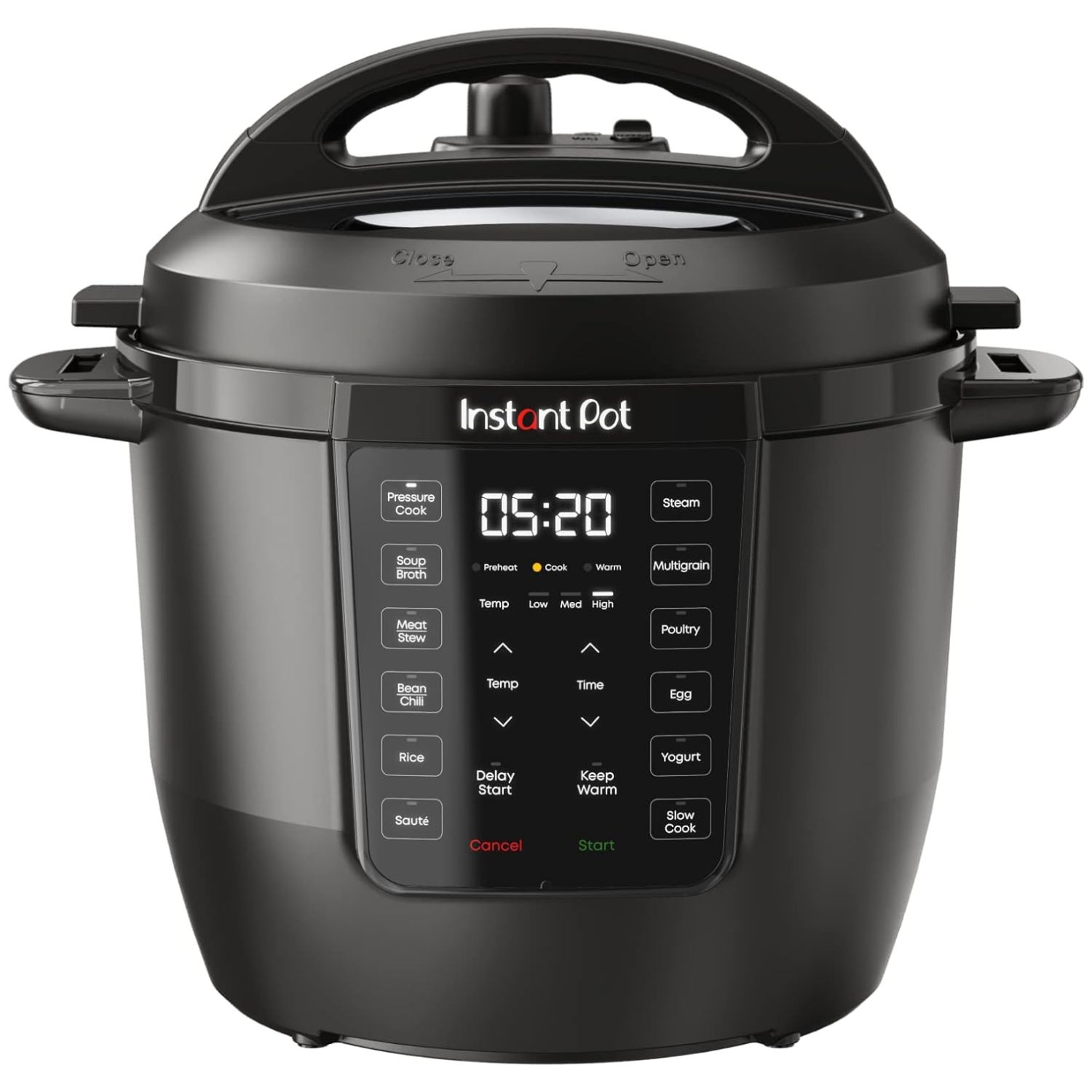
The best Instant Pot we've tested is the Instant Pot Rio. One of the brand's most recent innovations, it's well-priced, easy to use, and super versatile.
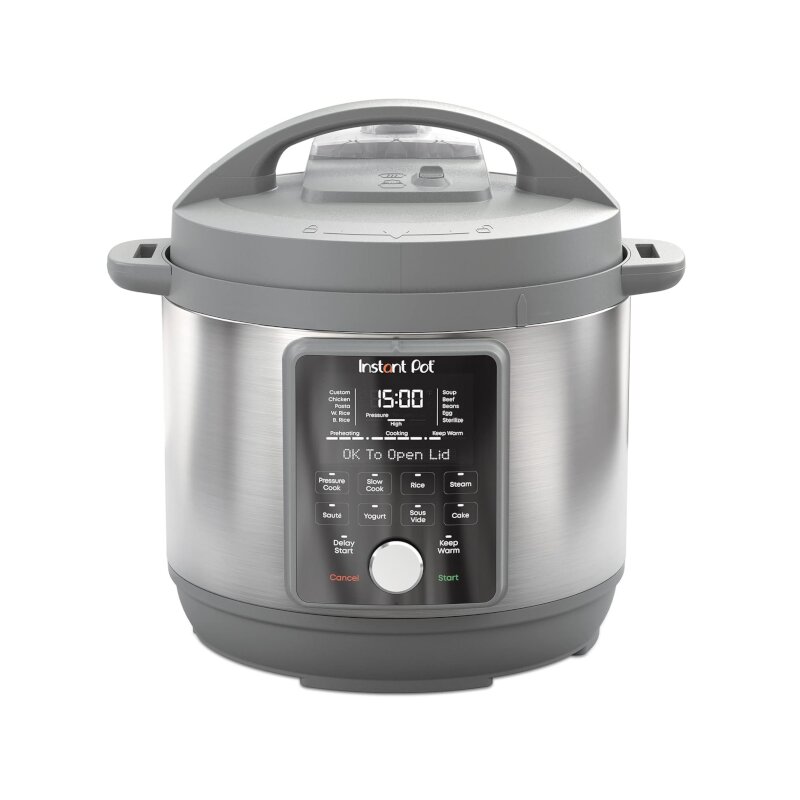
If you want a little extra functionality, the Duo Plus offers an extra two settings to the Rio's seven. It's got a 6QT capacity, making it ideal for families, and while it's mid-priced, it still offers good value.
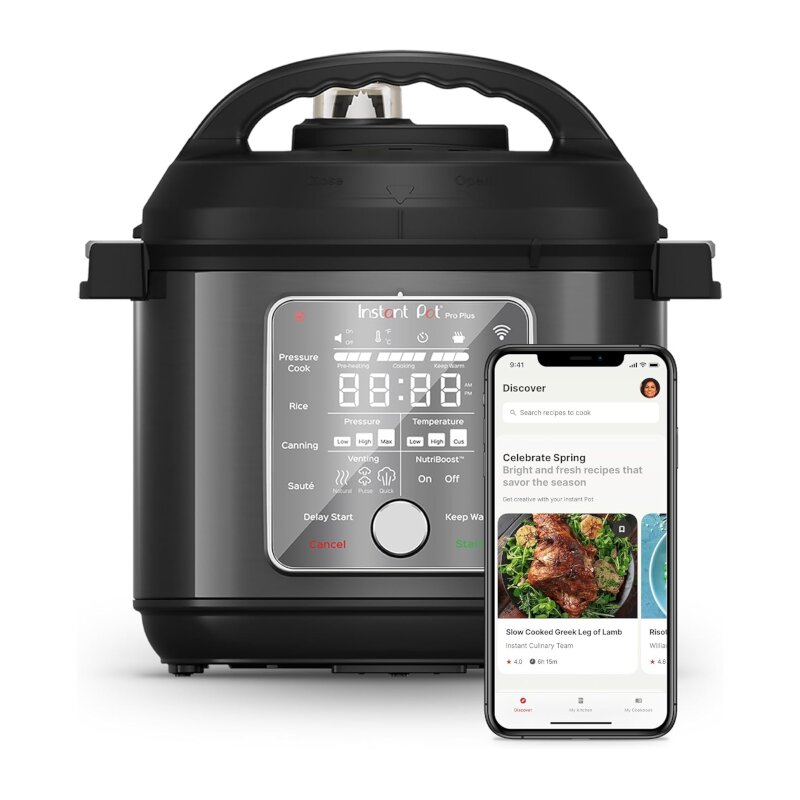
The Pro Plus Smart gives you the option to control and program your cooking via a handy App. Equipped with 16 smart programs, it has advanced features such as NutriBoost to infuse flavors. While it’s only currently available in one size, it's sufficient for a family of four.
Best overall

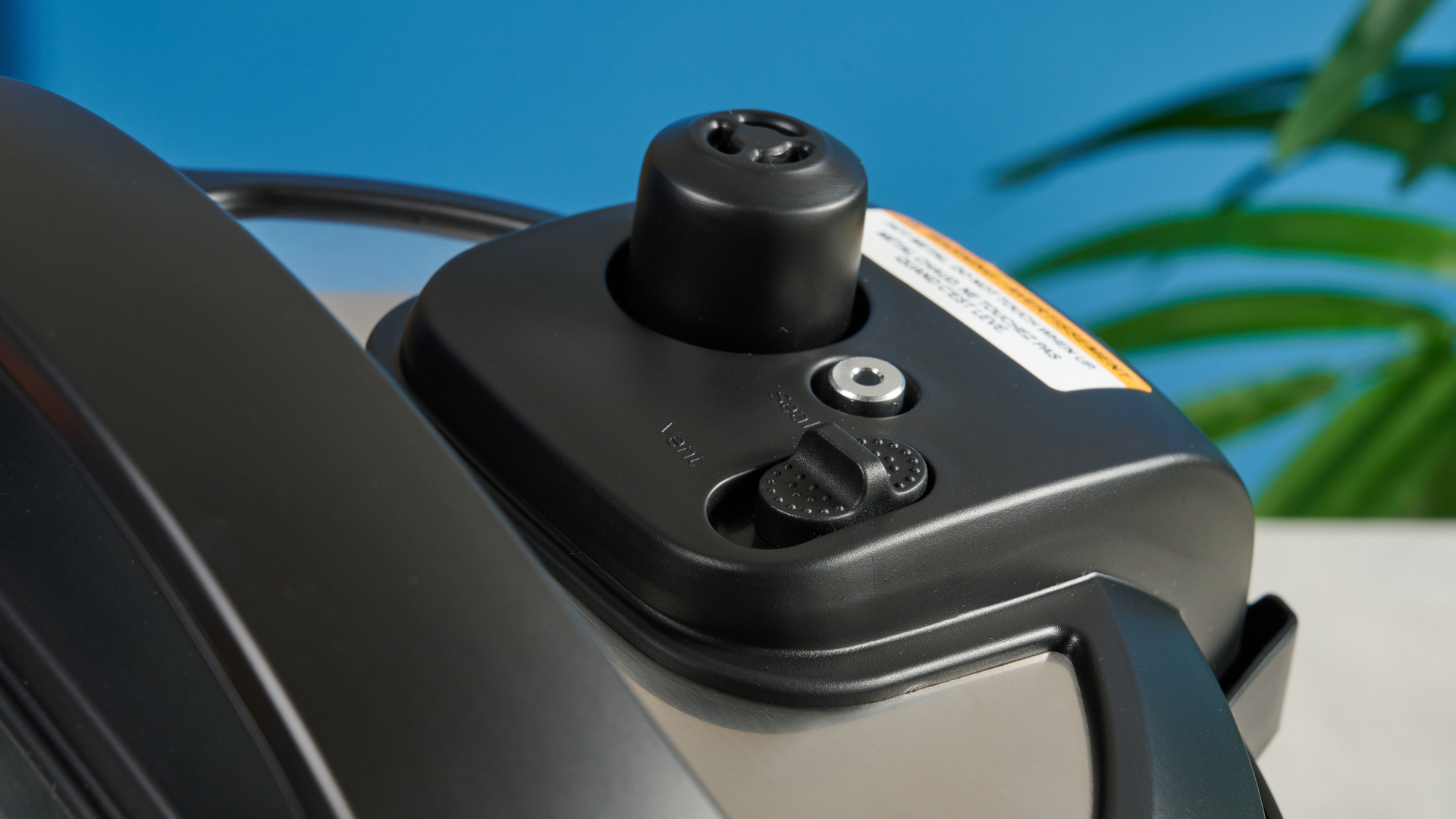
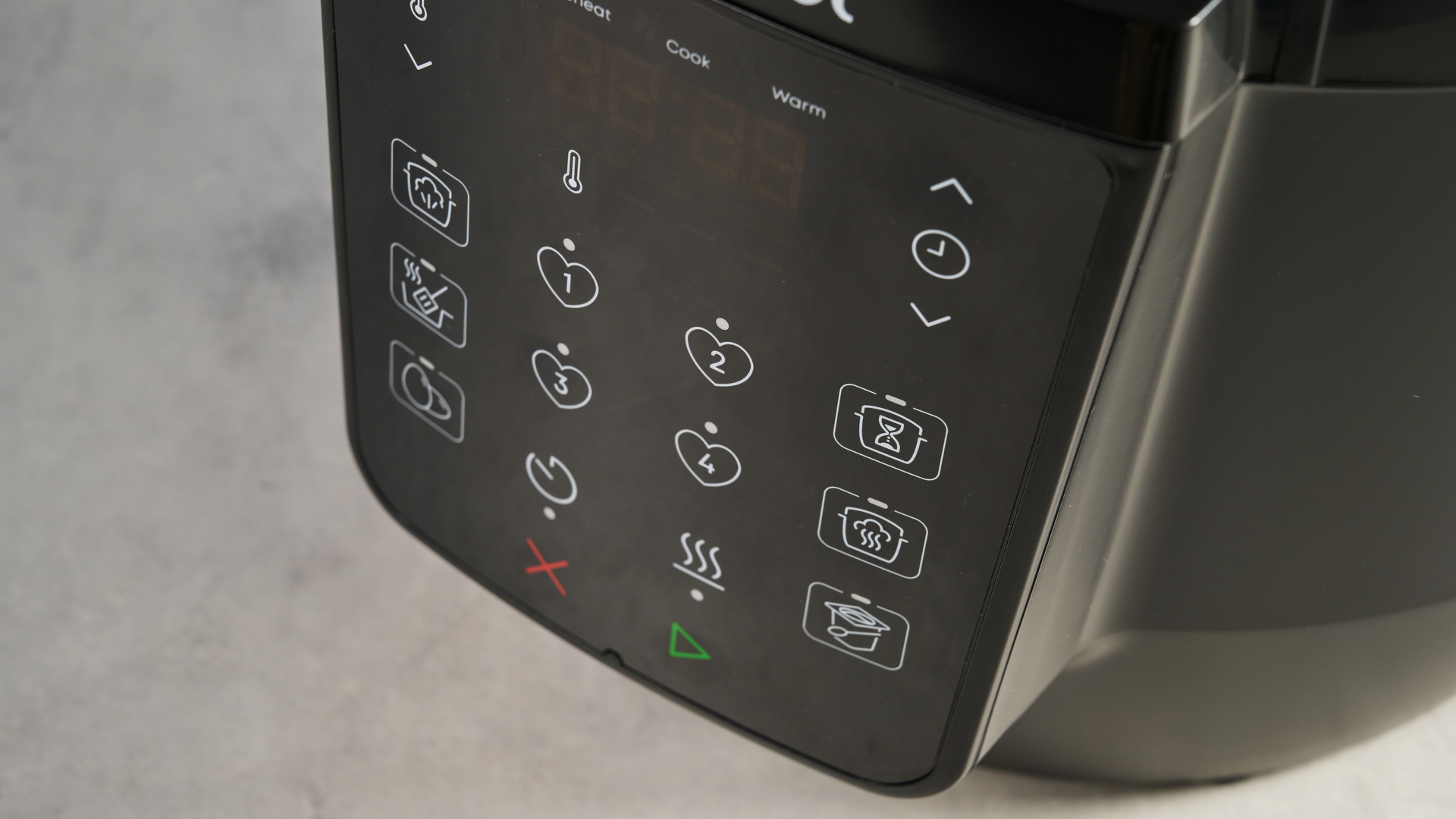
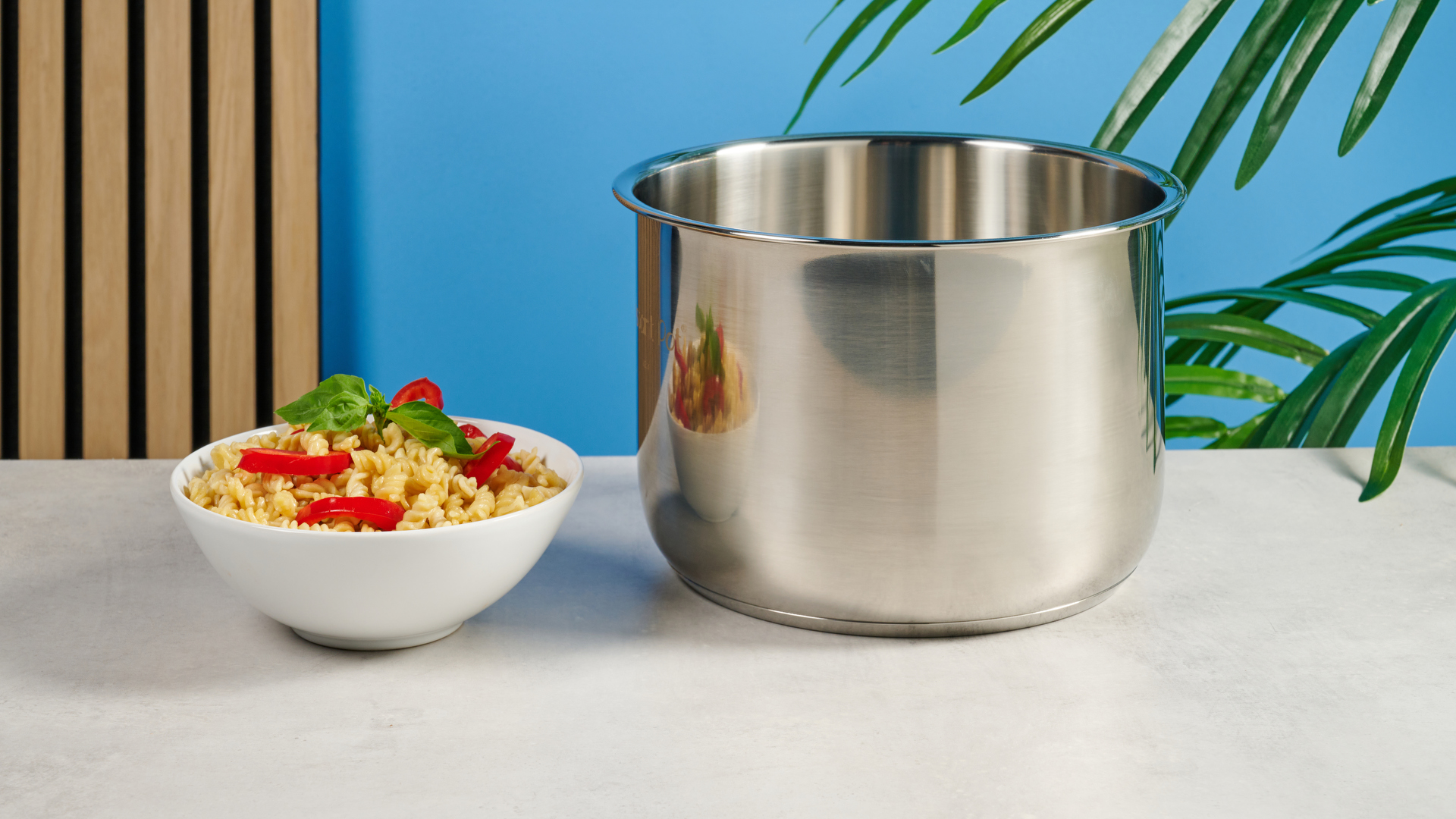
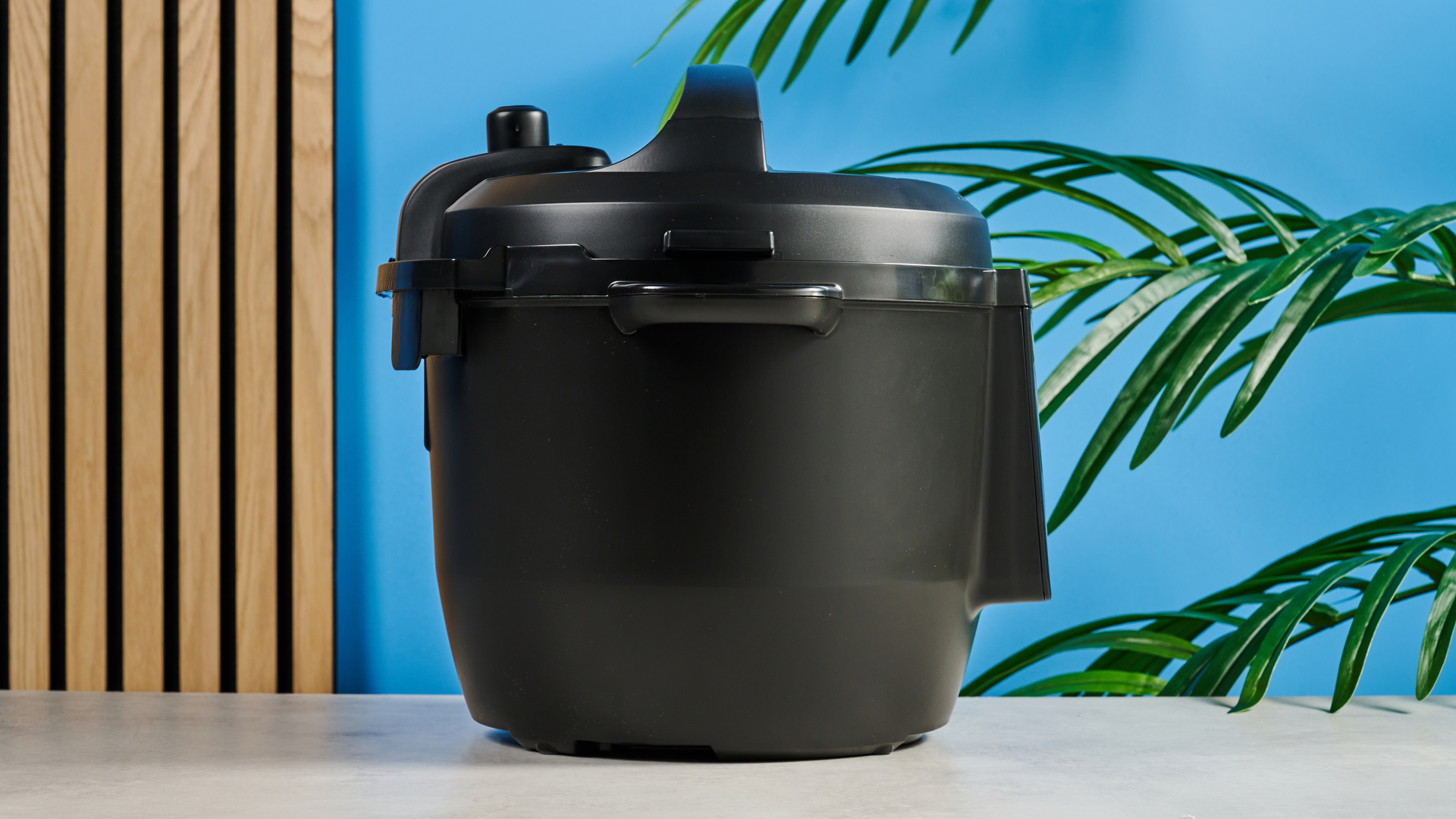
Specifications
Reasons to buy
Reasons to avoid
Instant Pot's Rio pressure cooker punches well above its weight in terms of value. Regularly available for around $100, it's the brand's most modern attempt at a budget-friendly Instant Pot. We tend to have a 'best budget' pick in these buying guides, but the Rio is not only our top-rated option, but also the most affordable model we've tried.
Available in either six or 7.5 quarts (where it's called the Rio Wide, which we also tested and loved), this is a great Instant Pot for family meals or batch cooking. It offers seven cooking settings, including steam, saute, slow cook, pressure cook, and yogurt.
Reviewer Erin was a little irked by the lack of text labels. Instead you'll be relying on icons, which aren't always the easiest to decipher, so keep hold of your manual. Once you're familiar with the modes on offer though, you're off to the races. We steamed vegetables, cooked rice, made soup, and even boiled eggs. The machine did all of the above with ease, and we were pleased that its pressure release feels both safe and hands-free, as this is a common pain point with users.
While there's a learning curve to some of these recipes, you'll find that with any Instant Pot. But even though this model won't pair to an app, you can still use the Instant Pot app for inspiration and recipes, which I'd recommend to get started.
Read our Instant Pot Rio Pressure Cooker review here
Best for features
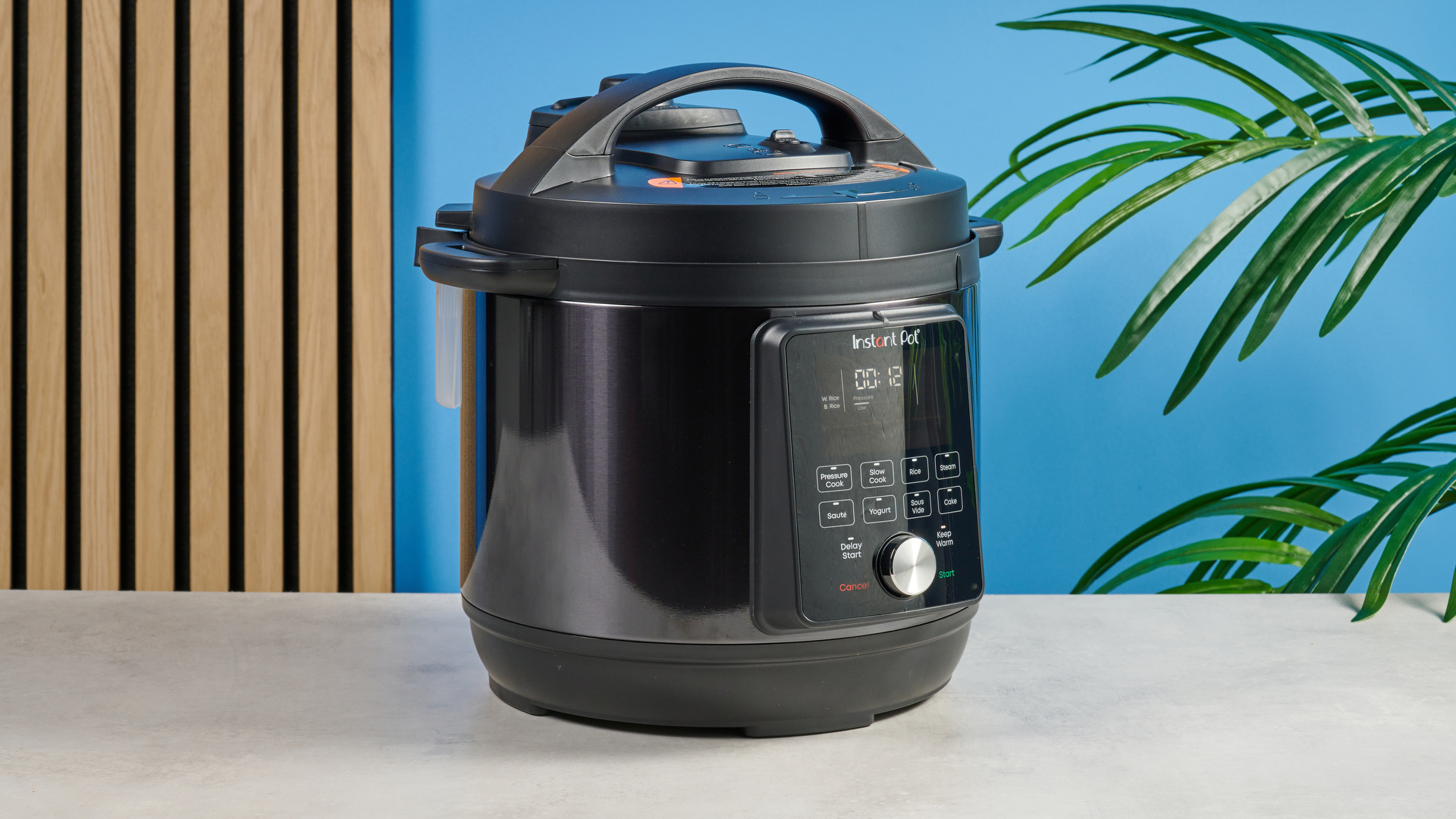
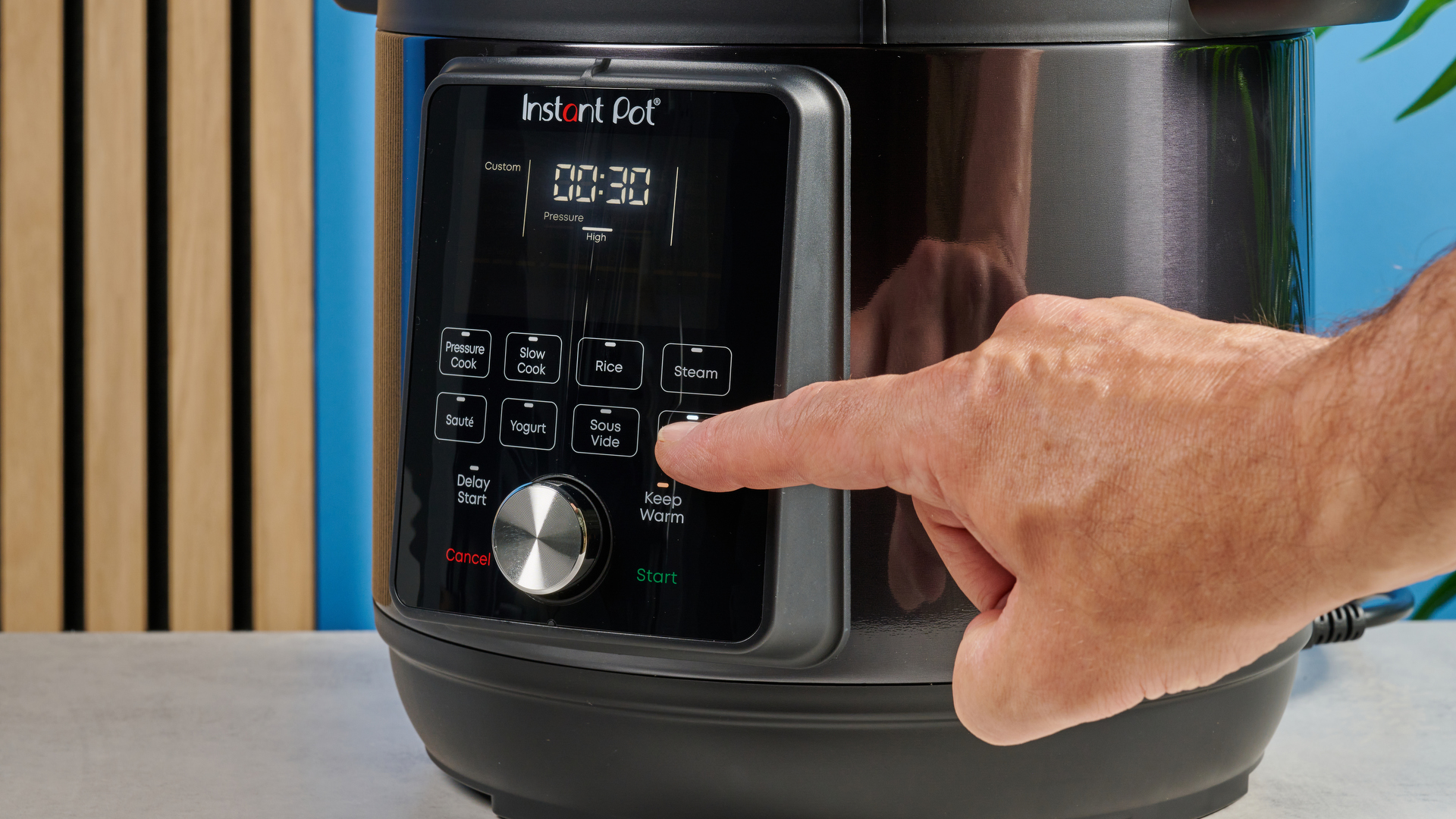
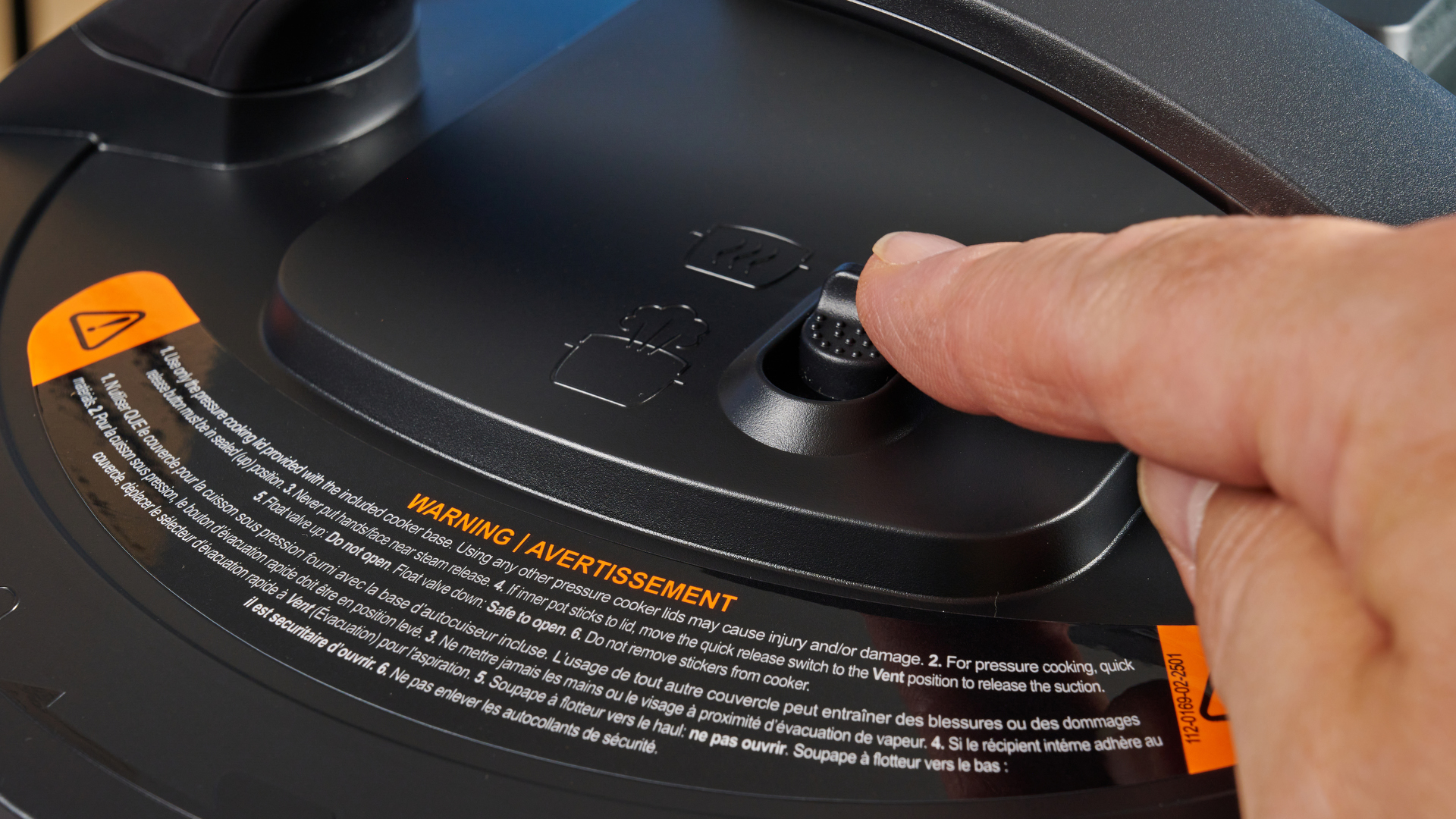
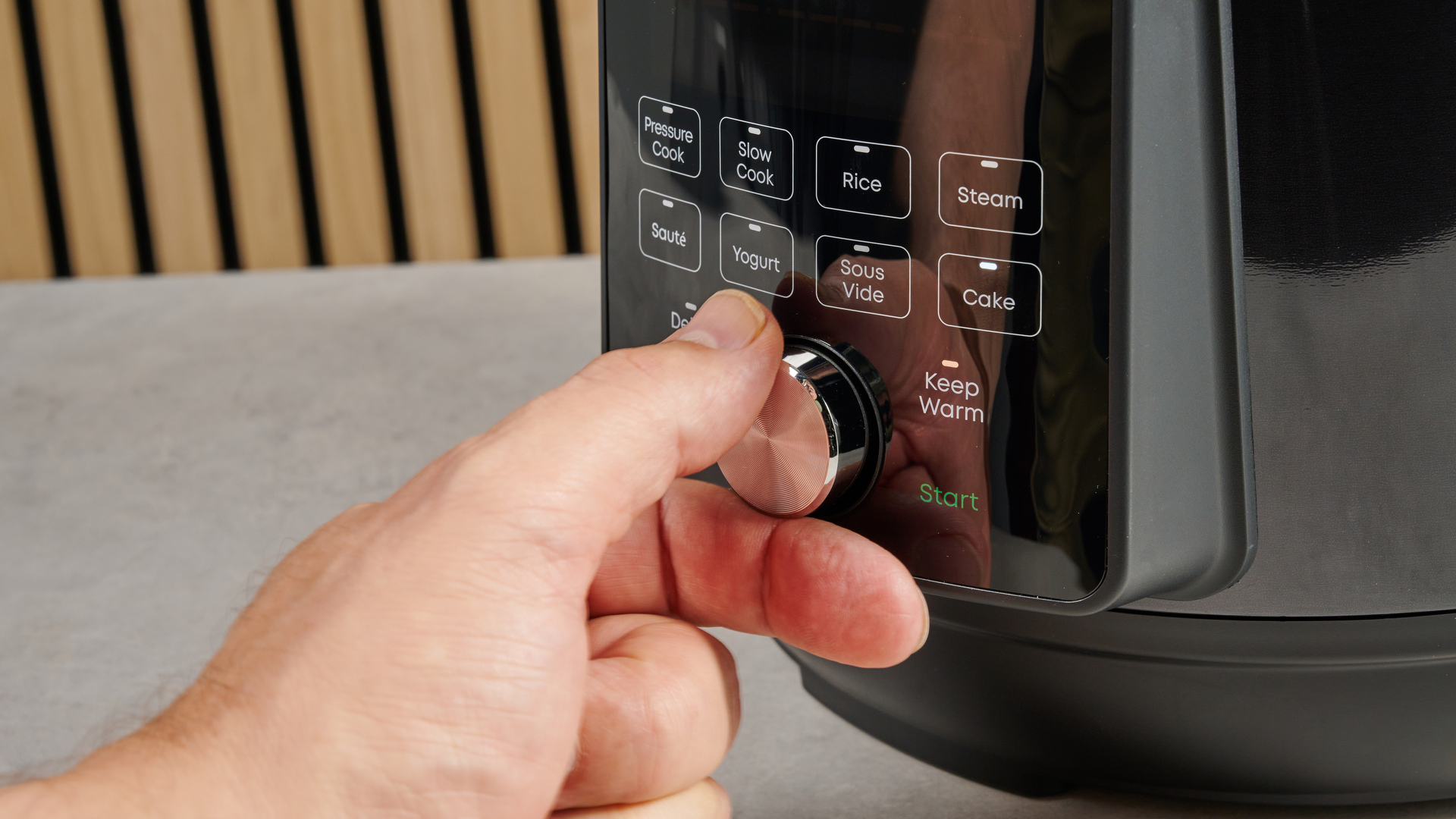
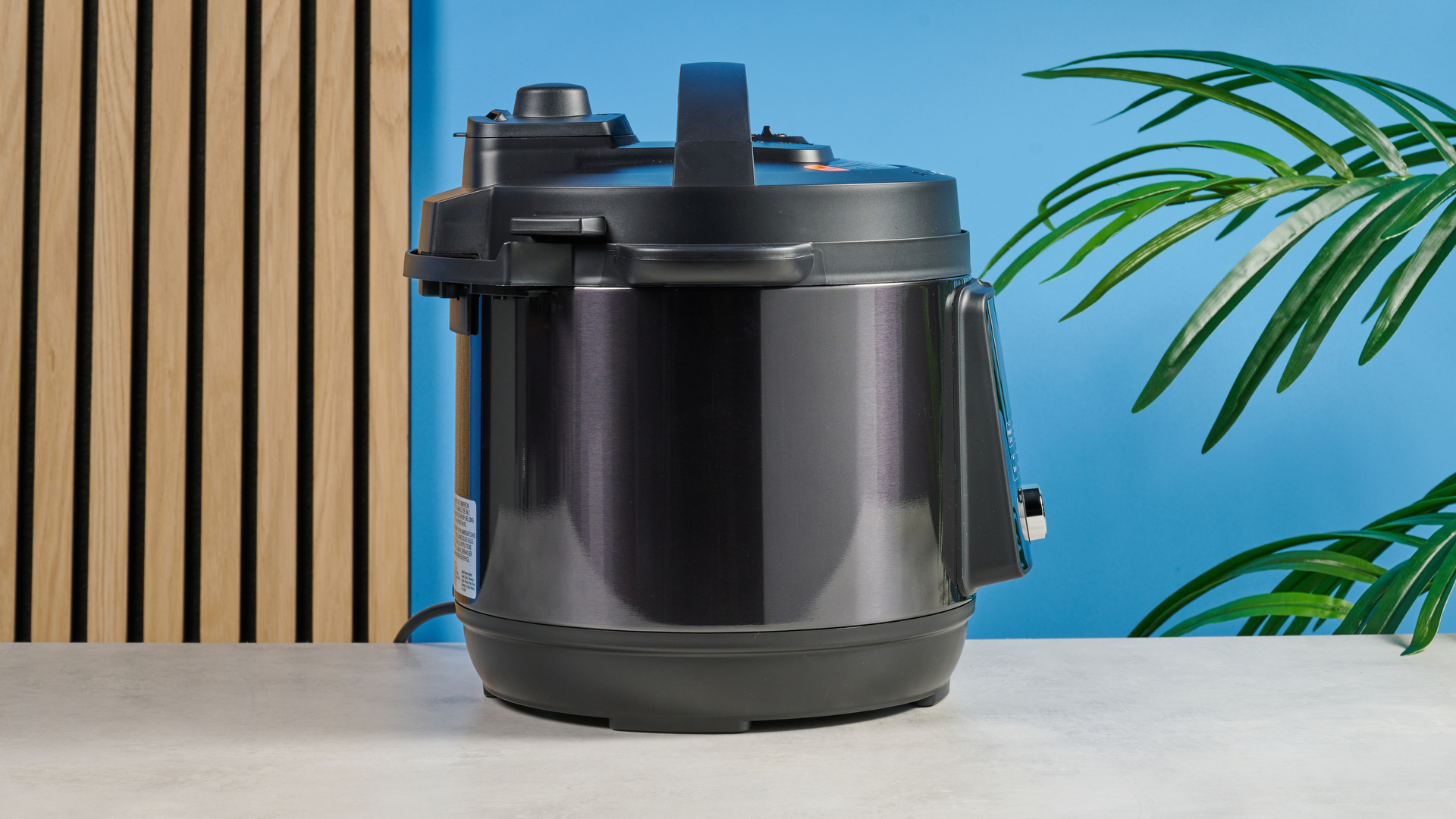
Specifications
Reasons to buy
Reasons to avoid
If you have limited storage space and are looking for an appliance to replace your slow cooker, the Instant Pot Duo Plus 9-in-1 can't be beat. It performed well on all of our tests, except for the Rice program, and was easy to clean and program.
The Duo Plus sells at a more reasonable price than the Ultra, and you can rely on it to handle most of your cooking needs, including those that call for the bonus Egg, Cake, Yogurt and Sterilize features that the standard Duo doesn't offer. This cooker also did very well at slow cooking, which makes it a true multipurpose appliance for small homes.
This option is also one of the more affordable Instant Pots you can buy, and the fact that it comes with three sizes to choose from means you'll easily be able to fit it into any apartment, or cater to even a large party.
If you've got a little more to spend and would like the option of using a sous vide or cake setting, we'd suggest upgrading from the Rio to the Duo Plus. This Instant Pot has a dial, which is tactile and gives a sense of comfort to some users. Plus, it's just as sleek as the more recent Rio model, with the benefit of a text-based display, which some will prefer.
We steamed squash, rehydrated chickpeas, made stew, and even baked a cake in the Duo Plus, and were happy with its performance. In truth, you'll get a similar learning curve and performance across all of the Instant Pots we've tested, which leaves you with features like smart compatibility, size and user preference to determine which is right for you. But we can confirm, this thing cooks just like any other Instant Pot, with the benefit of some added settings for good measure.
It's not super expensive either, coming in at around $150 when full price. If you're cooking for a family, or simply want the added benefit of some extra settings, it's a smart choice.
Read our full Instant Pot Duo Plus review here
Best smart
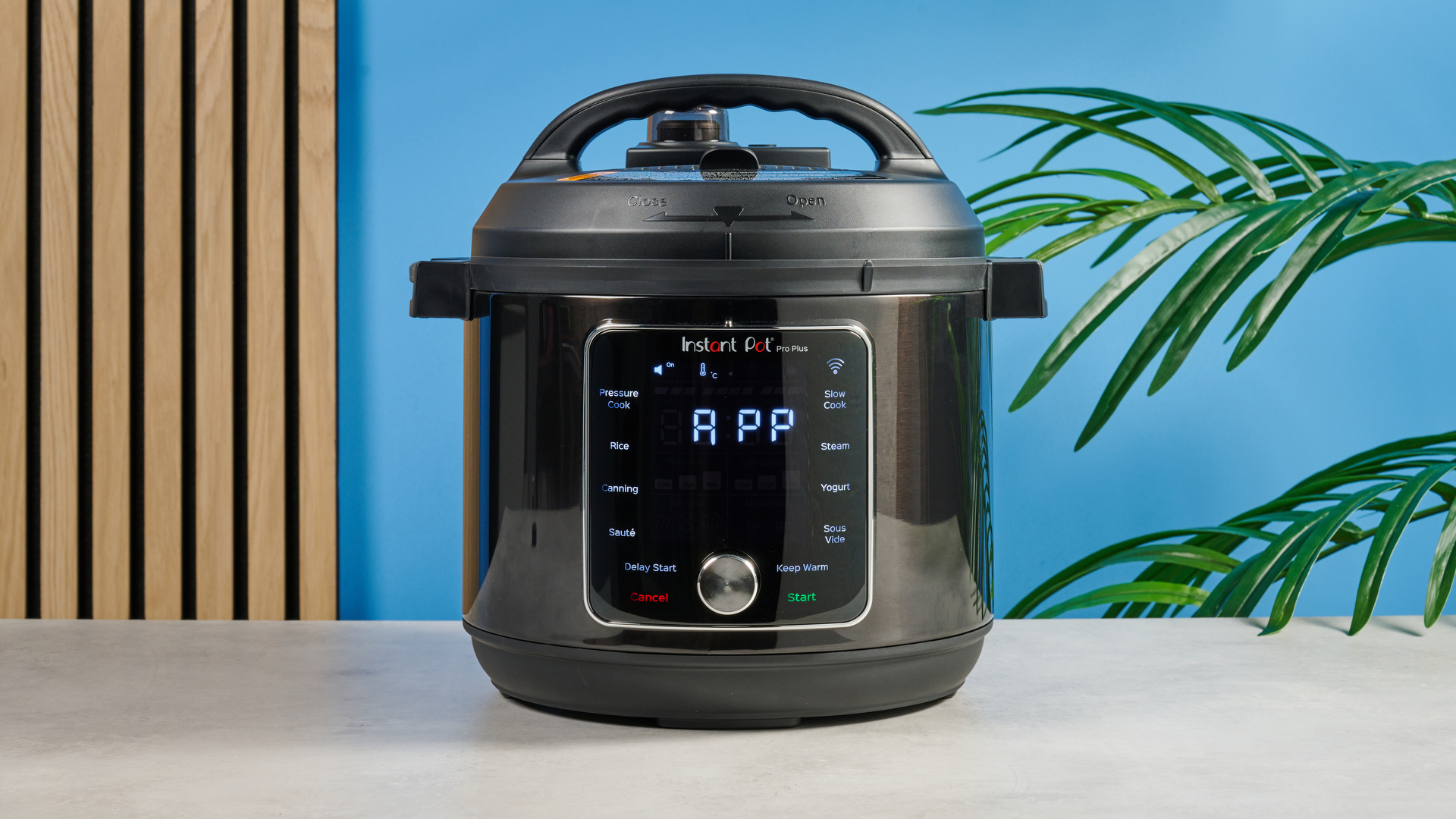
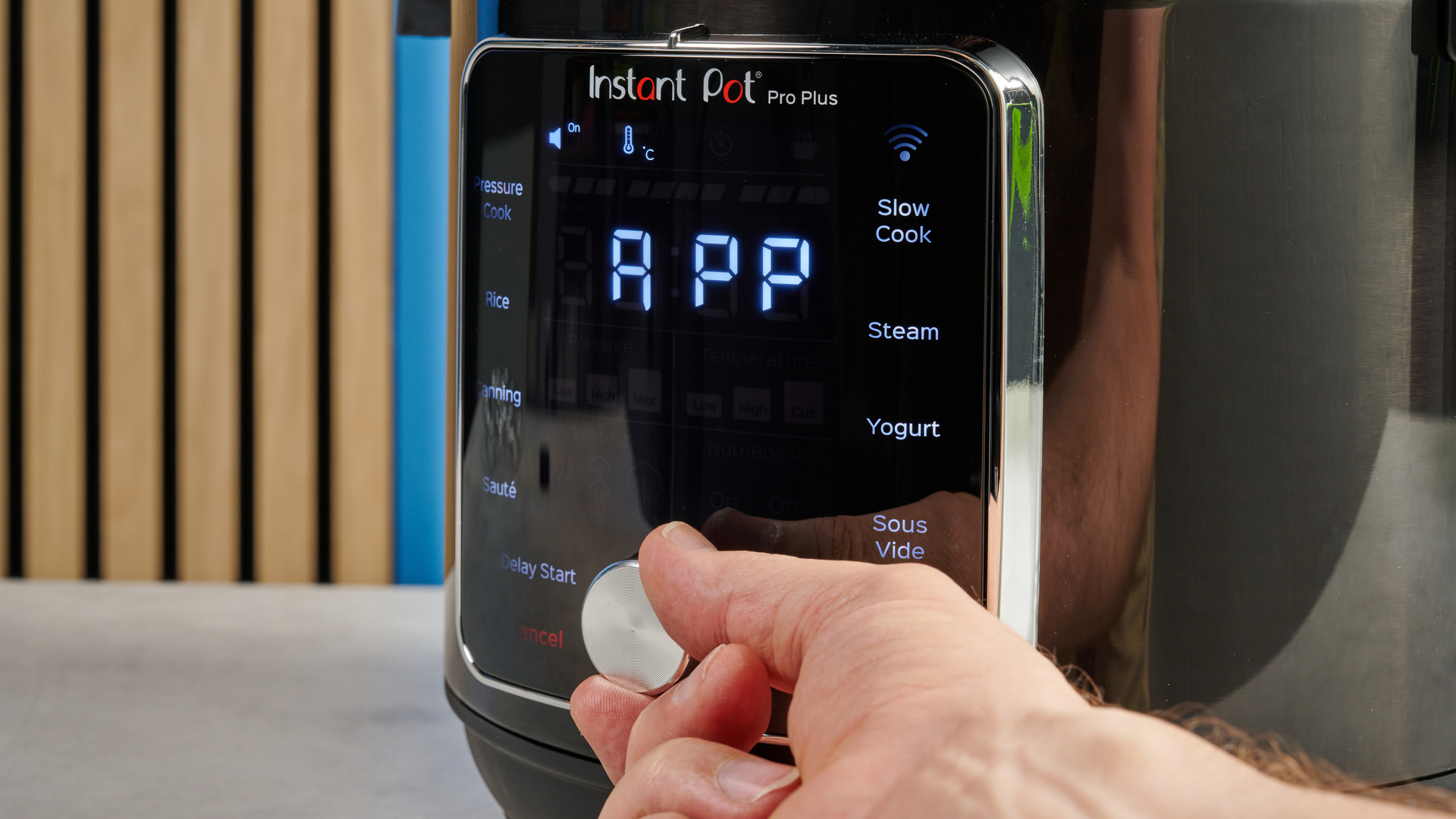
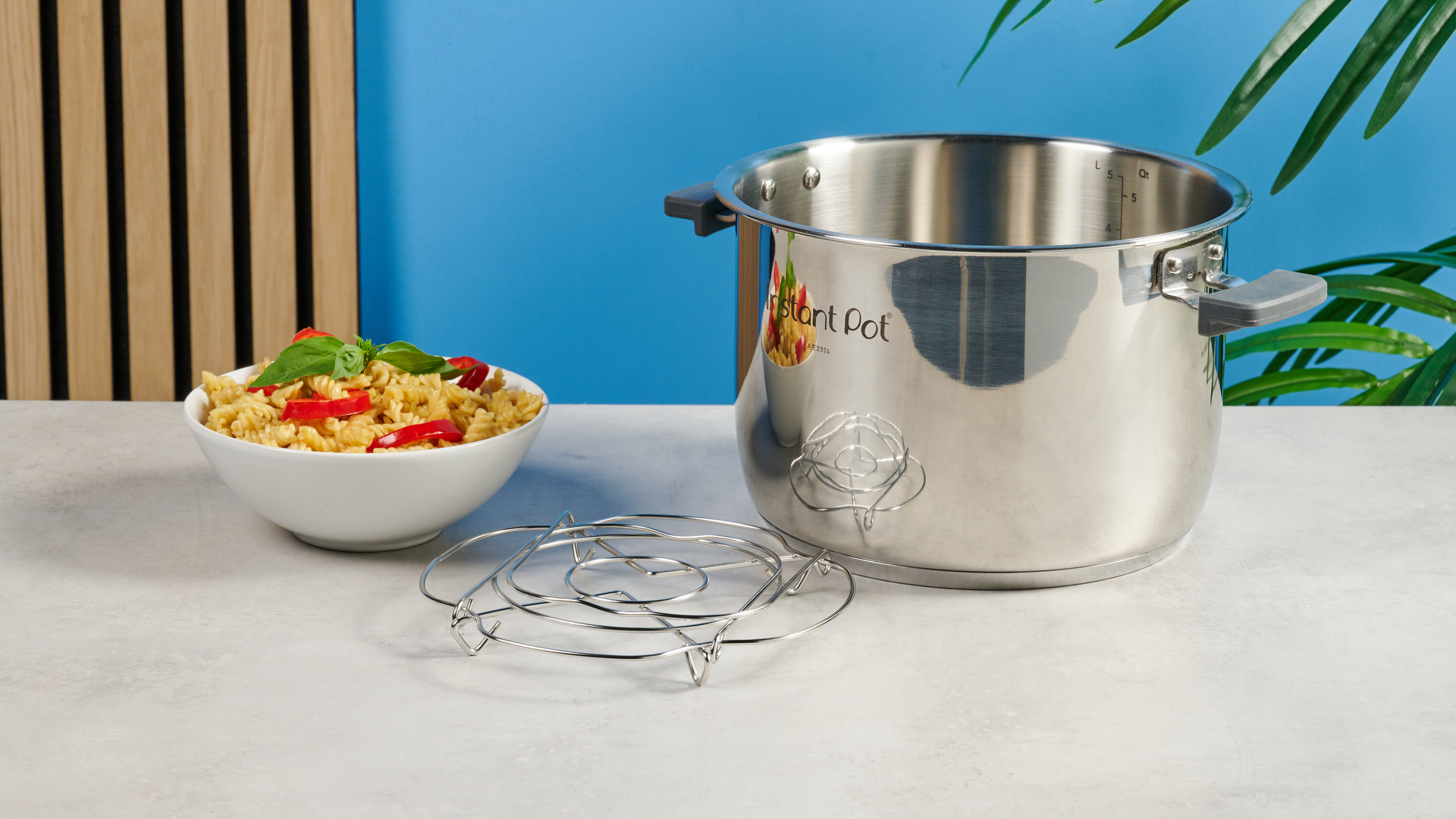
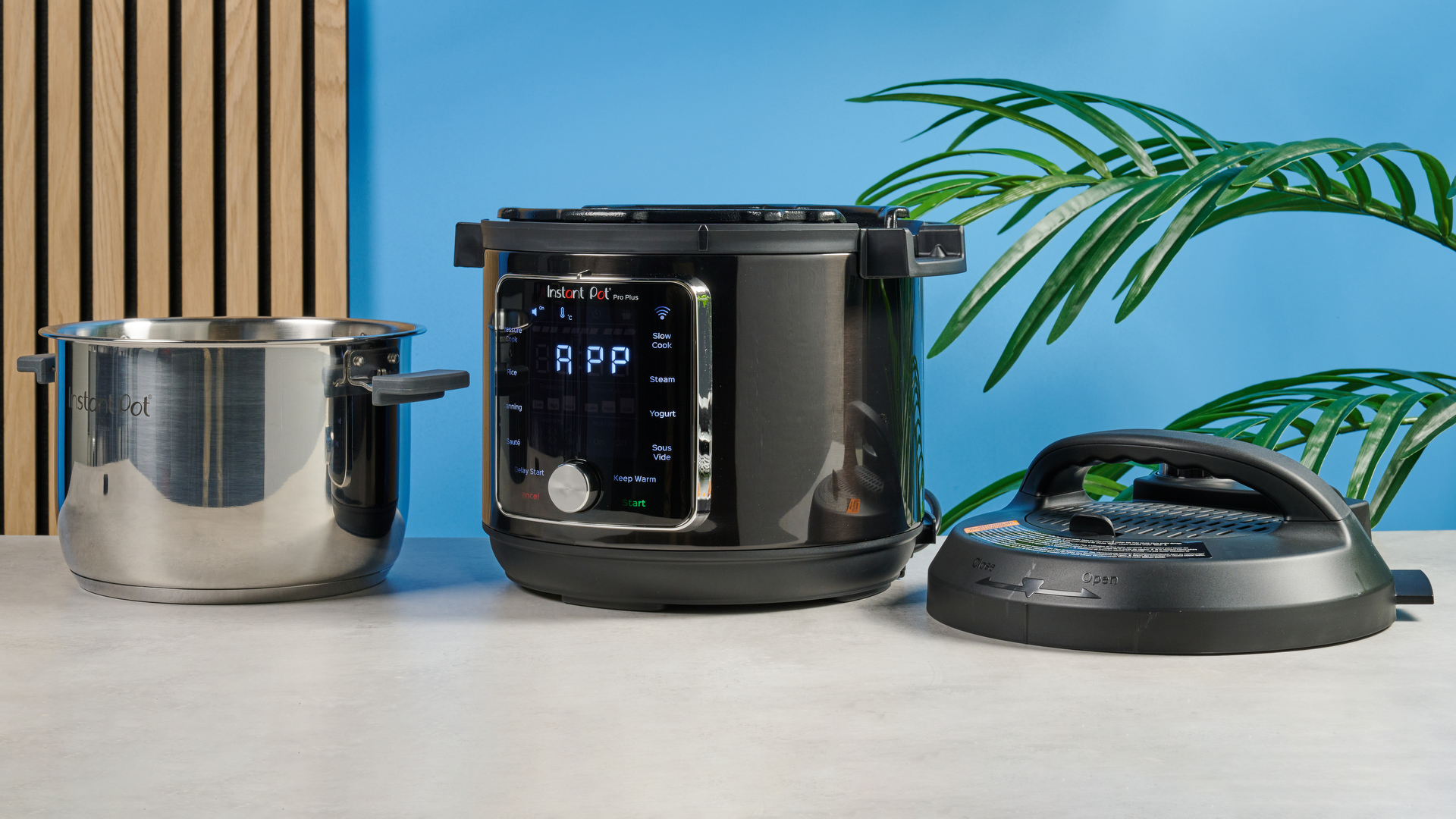
Specifications
Reasons to buy
Reasons to avoid
This smart Instant Pot Pro Plus is the latest addition to the company’s lineup, allowing you to control your multicooker at just a touch of a button. Simply connect via the Instant Brands Connect app on your smartphone or device to operate, program and monitor your cooking progress. If you didn’t want to use the app however, the touch-screen, LED display is straightforward, and you can set times with the handy dial. In addition, it has 11 safety features such as overheat protection, and heat-proof handles so you can safely lift out your inner pot after cooking.
It comes with 16 smart programs, which is fewer than other models, but it has advanced features such as NutriBoost to infuse flavors and enhance texture quality, aswell as the choice of three venting methods.
With a powerful 1500 watts, the Instant Pot Pro Plus heats up much quicker than other models we tested. This was evident while sauteing ingredients and searing meat: the beef was evenly browned before the pre-warming stage had even completed. Pressure cooking was impressive, producing tender, delicious stews in 45 minutes. We were also impressed with the fluffy texture and aromatic quality when cooking basmati rice, which was just as good as a conventional rice cooker.
Bear in mind, it’s only currently available in one size, but sufficient for a family of four. In addition, the app set-up can be a little tedious at first, but once you’re all set, you’ll have more than 800 recipes to browse for cooking inspiration.
Read our full Instant Pot Pro Plus review here
Also tested
Instant Pot Plus
The Plus is one of our more recently tested models, but it's an expensive option that doesn't necessarily justify the added expense. It's smart, but just as smart as the Pro Plus Smart, and it's also got two fewer settings on offer.
Instant Pot Pro 2025
2025 brought us a new Instant Pot Pro. We can only assume we'll be getting a 2026 model, like the iPhone, and there's no point introducing any new names. We noted its speedy pre-heat time and enjoyed smart connectivity, but it was a pain to clean.
Instant Pot Duo Crisp
Want an option that can air fry? The Crisp is worth considering, but it doesn't perform like a typical air fryer. We recommend using it to steam then roast a chicken or add a crunchy layer to pasta dishes. Lifting out the air fry basket is a bit of a nightmare, and don't forget, you'll need to store that extra lid somewhere!
Instant Pot Duo Nova
The Nova is decent, but at a more affordable price point, we don't see why you'd buy it over the new Rio line. It's good, but it lacks the refined look and bonus features of the latest offerings.
How to choose
How to choose the best Instant Pot for you
Why you can trust Tom's Guide
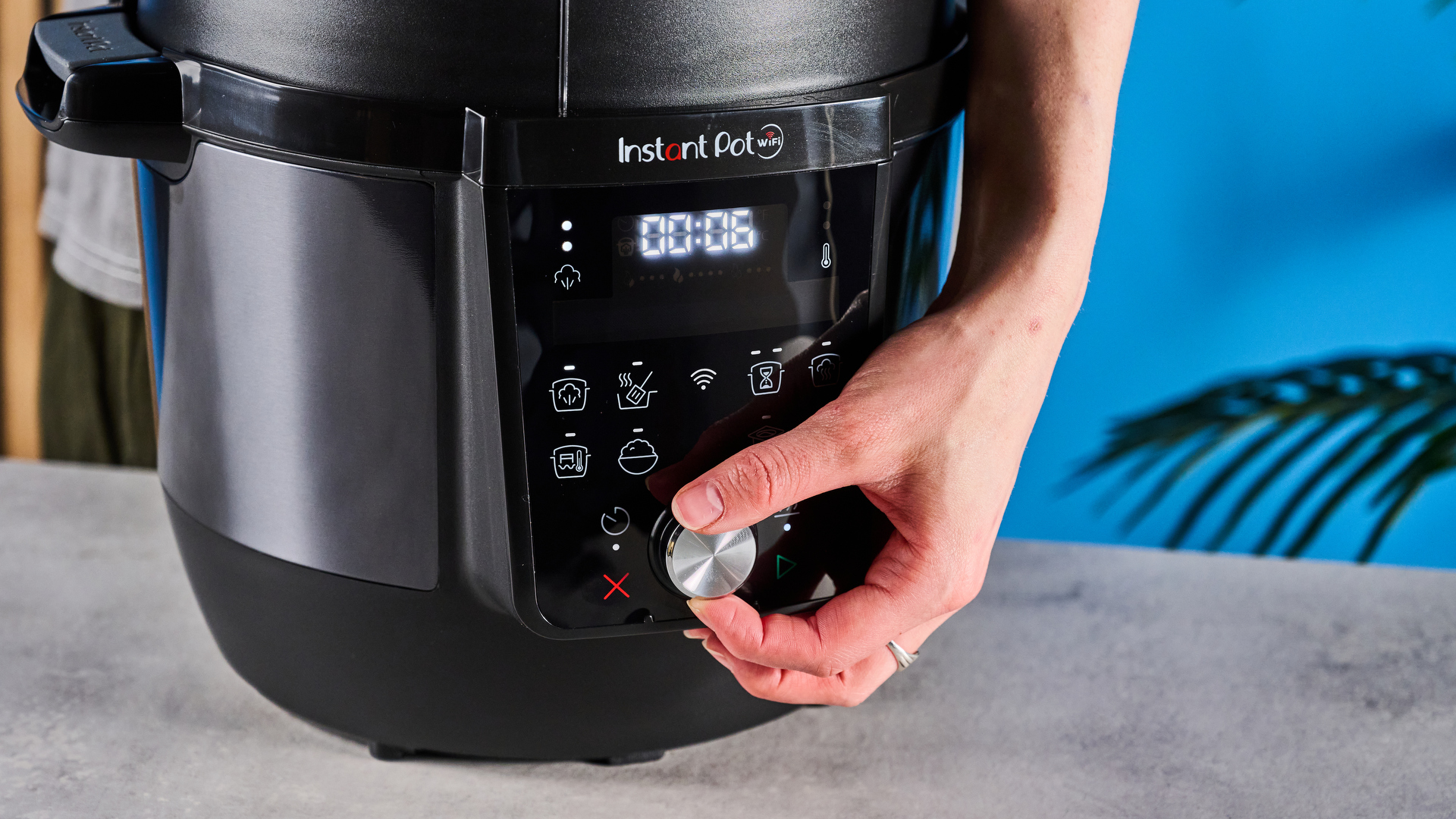
Here are the key things to consider when choosing an Instant Pot:
Features: Some Instant Pot models come with preprogramed cooking functions and even additional capabilities such as Yogurt Making and Sterilization. However, these preprogrammed functions merely mimic low- and high-pressure cooking, and you can re-create them manually. Additionally, we found that some preprogrammed functions were unreliable (with, for example, rice and eggs turning out imperfect).
Evaluate the kind of cooking you typically do before splurging on bells and whistles that you don't need. You should also realize that you may still need to adapt your cooking times to get the results you want. We frequently found that the more features an Instant Pot had, the more confusing the controls were.
Size/capacity: We tested only 6-quart models, as they're the most popular size on the market. However, many Instant Pots are available in 3-quart sizes, which are better for individuals or couples, and 9-quart sizes, which are better for larger families.
Price: It's surprising how widely the prices vary for Instant Pots, given that most of them offer the same basic features, give or take a few specifics. Your personal budget for cooking gear will influence your decision on which price is best.
Accessories: Every Instant Pot comes with a trivet (where you can cook eggs or rest baking dishes), a plastic rice scoop and a cookbook. You don't really need any other accessories, although you can separately purchase a myriad of them on Amazon. Options range from a glass lid to use when slow cooking to steamer inserts, additional sealing rings, egg holders, springform pans and more. Ease of use: It takes a little practice to get used to sealing an Instant Pot's lid, using the device's quick-release steam vent and setting the pot's cooking programs. There are only slight variations between models; the Ultra offers the most features, but it's also the most confusing to use.
Ease of cleanup: The stainless-steel insert and ring/locking lid of an Instant Pot are extremely easy to clean. However, some Instant Pots heat up faster and reach higher temperatures than others, resulting in scorching when you're searing, which can be a little difficult to clean.
Safety: Instant Pots have made pressure cooking extremely safe and nearly foolproof for home cooks. However, the lid of the pot gets extremely hot during cooking, and on all models but the Ultra, you need to get very close to the lid — and the hot steam — when quick-releasing the steam.
How we test
How we test Instant Pots
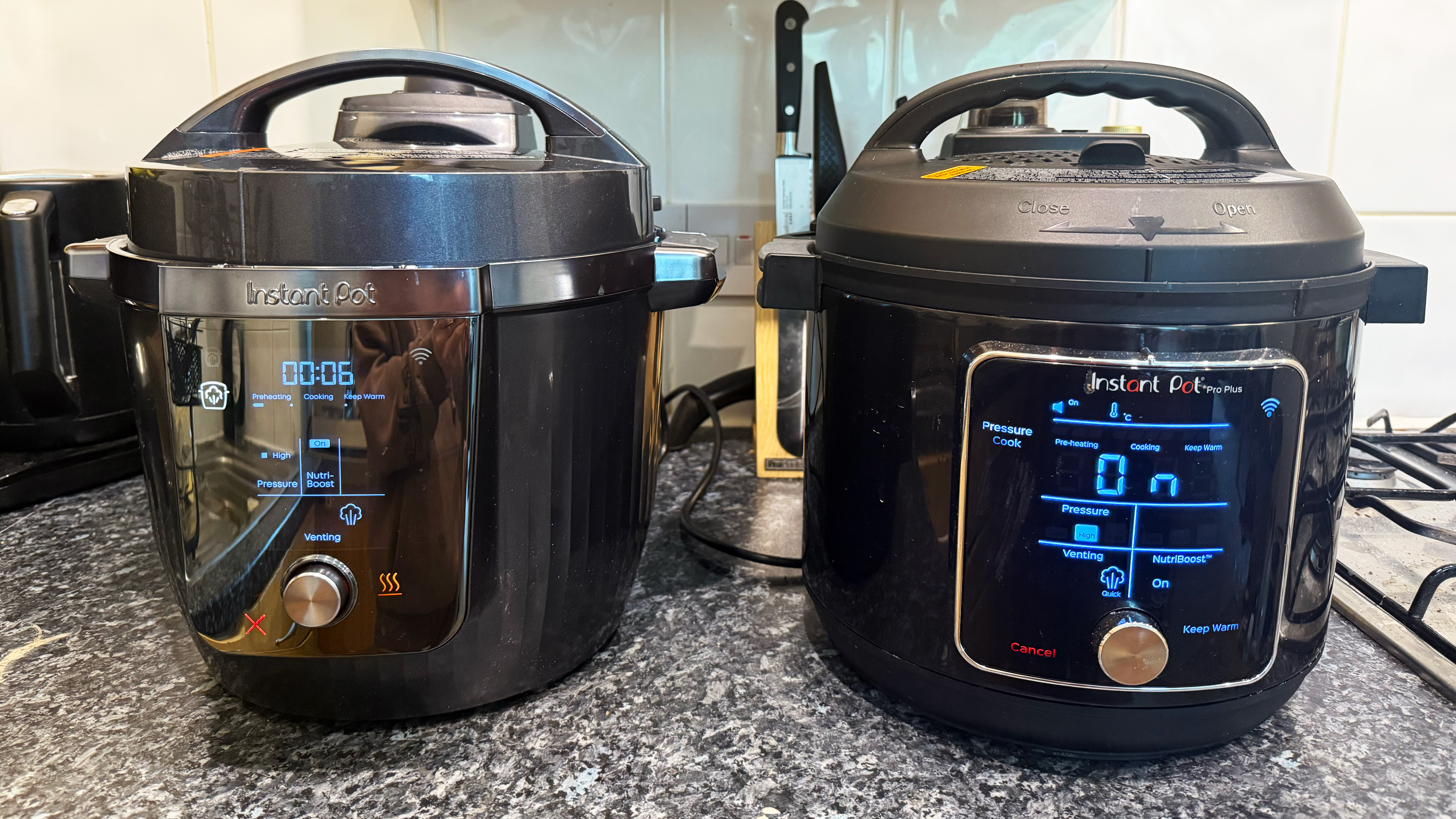
We've tested every option in this guide thoroughly, as well as a number that didn't make the cut!
To be brutally honest, the majority of Instant Pots perform broadly the same way. There's a learning curve, especially with things like rice or steaming pasta, but once you've got the knack, you'll never go back.
We tested the basic features, such as pressure cooking and steaming, but also the settings that set these machines apart, from sous vide to cake.
We also considered value for money, ease of use, as well as how easy these machines are to clean and store.
Get instant access to breaking news, the hottest reviews, great deals and helpful tips.

Millie is the Managing Editor of Homes at Tom's Guide. She's been reviewing home tech for over five years, testing everything from coffee makers to the latest vacuum cleaners.
With particular expertise in cookware and kitchen appliances, you'll struggle to find an air fryer Millie hasn't tested. She's traveled the world reporting on the latest home innovations and product launches, learning how to use pizza ovens from Pizzaiolos in Naples, and touring the De'Longhi factory in Venice. Millie is also an SCA-Certified barista.
When she's not reporting on home and appliance trends, Millie loves watching live music. She's currently learning the guitar - naturally, she plays a Fender.
 Club Benefits
Club Benefits





